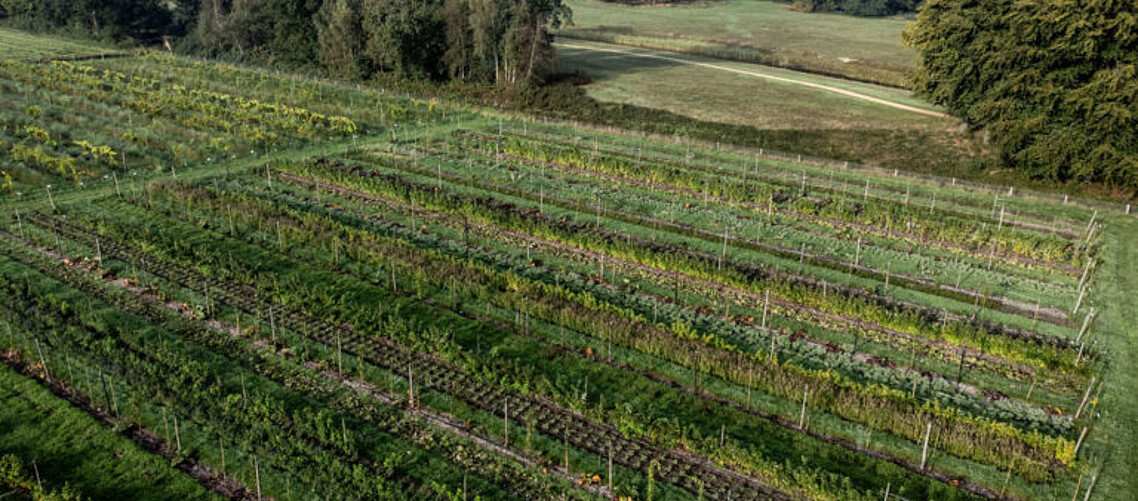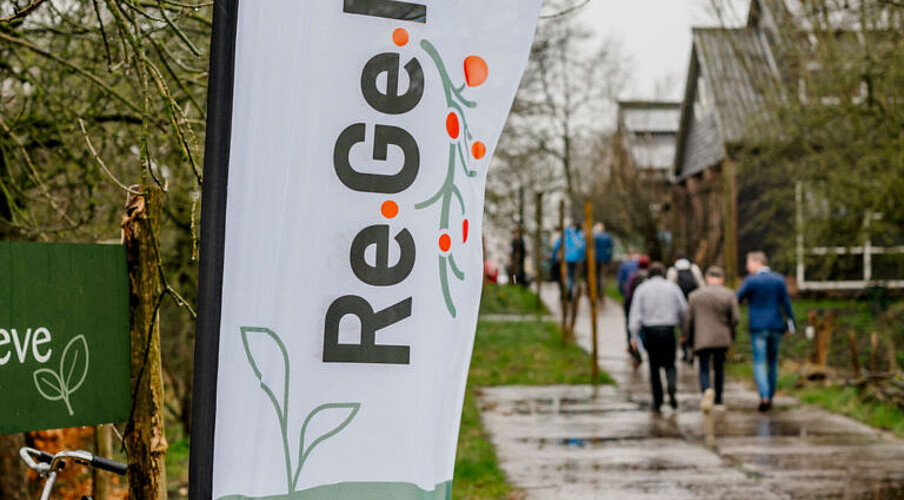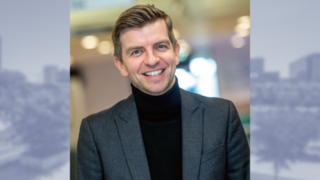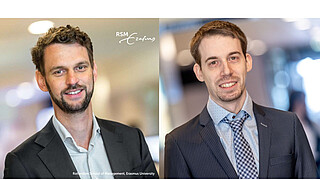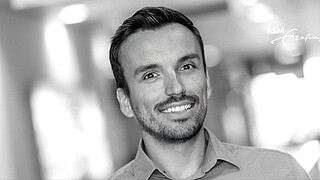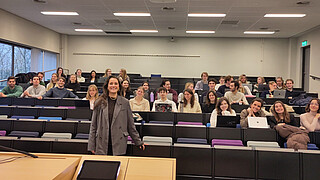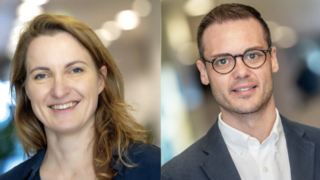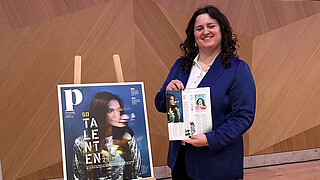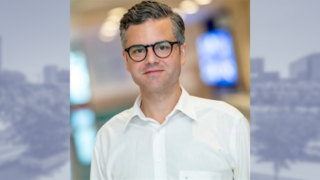The grant is part of the large “National Growth Fund” programme Re-Ge-NL that focuses on the transition from the current agricultural system to a regenerative agricultural system. The current system – both in the Netherlands and globally – faces important challenges in providing food production in a way that combines attractive business models for farmers with soil improvement and the restoration of soil life and nature. Re-Ge-NL's large consortium of academic researchers and a wide variety of organisations associated with the Dutch food system has set ambitious goals to make an actual impact on society based on interdisciplinary research. Of the total funding of €129 million for the whole research consortium, an amount of €1.5 million is secured for RSM researchers.
Integrated value methods for a regenerative food system
The RSM research, led by Professors Dirk Schoenmaker and Mathijs van Dijk from RSM’s department of Finance, will focus on applying integrated value methods to sustainable food systems. Key objective is that regenerative farming practices are properly rewarded within the agri-food value chain for the various services they provide to the economy and society.
“At the Erasmus Platform for Sustainable Value Creation, we’ve done a lot of work on integrated value methods that include social and environmental value next to traditional financial value for the corporate sector in general,” said Professor Schoenmaker, one of the project’s two principal RSM investigators. “The key challenge in this project is to investigate which of these integrated value methods can be applied in the context of sustainable food systems, how this can be done, and what the role of the different stakeholders in the value chain should be.”
Collaboration with academic and industry partners
The partnership with Re-Ge-NL allows researchers to engage with industry practitioners, policymakers and community stakeholders in such a way that the research remains practical and directly applicable. The project partners include Wageningen University & Research, and a large consortium of farming organisations, NGOs, financial institutions, businesses and knowledge institutes.
“We’re excited to be part of such a large and diverse consortium of researchers and industry partners,” noted Professor Van Dijk, the other principal RSM investigator. “We look forward to learning a great deal from our collaborators and hope to bring a business perspective to the overall project through our focus on sustainable finance.”
Societal impact as key goal
The main objective of the Re-Ge-NL project is to aid the transition to a regenerative food system, including, among other things, helping 1,000 Dutch farmers make the transition by 2030. The findings will also inform policy recommendations and inspire educational programmes.
“While we want to produce innovative academic research over the course of this project, our main goal is to really make a difference in addressing this very important challenging real-world issue,” said Professor Van Dijk. “We’re in the fortunate position that Kelly van Heyningen, RSM alumna and experienced strategy consultant with a passion for sustainable food, will join our team as a full-time PhD student in 2025.”
